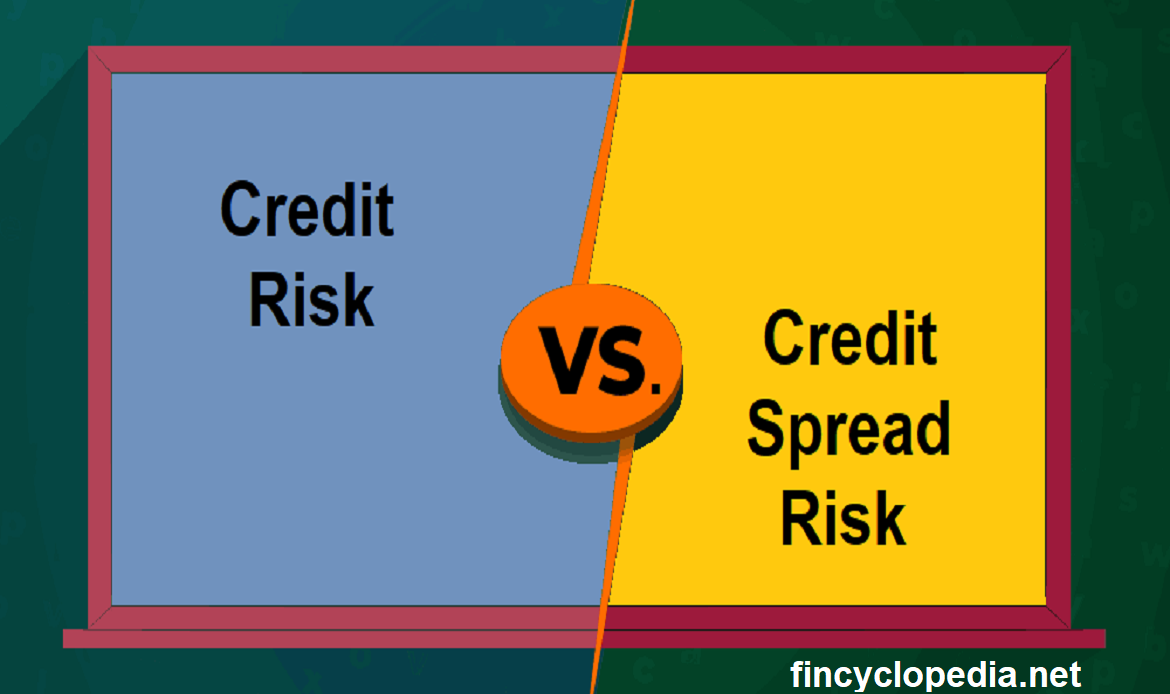A type of risk that arises in connection with a credit spread. It is the risk that the value of a position will divert sideways due to changes in the real or market-perceived ability of a borrower to pay the corresponding obligations or cash flows. Credit spread represents the difference in yield between two different exposures that have the same maturity (e.g., a treasury bond and a corporate bond).
Difference in yield arises due to difference in the credit risks involved. The credit spread (yield spread) may also represent the difference between the quoted rates of return on two different investments (instruments, etc), usually of different credit qualities (and hence, credit risks) but similar maturities. Credit spread provides an indication of the risk premium for one exposure over another.
Credit spread risk is that type of risk associated with changes in the size of the credit spread or changes in the probability of default and the recovery rate. It reflects the risk arising from changes in the market value of debt financial instruments due to changes/ fluctuations in their credit spread.






